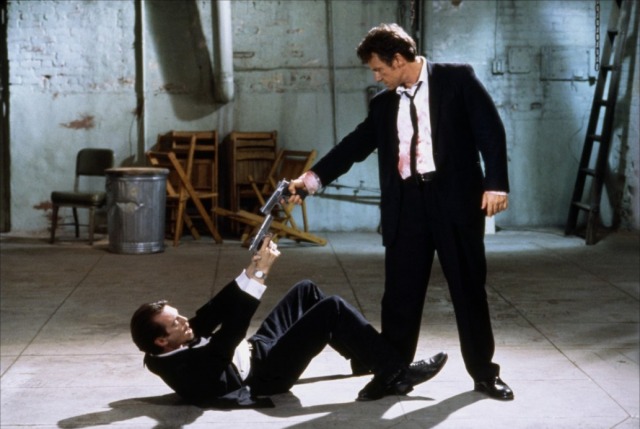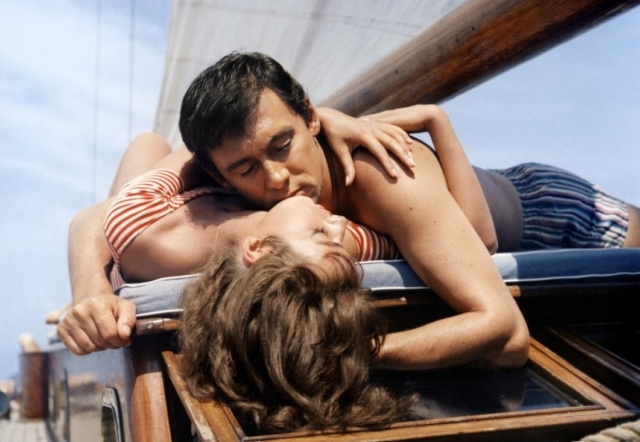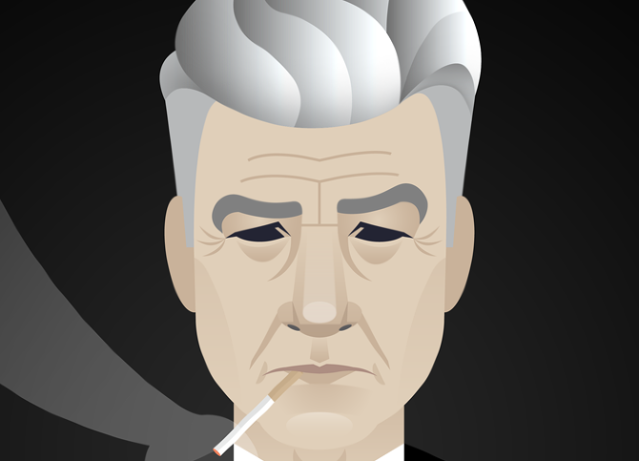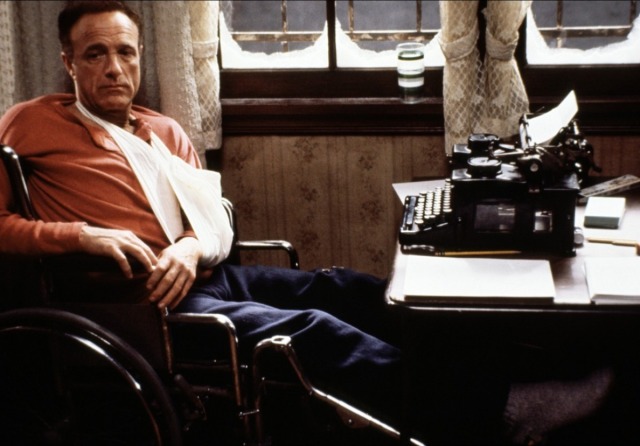Defining Moments: Hair of the Dog That Bit Me

Joseph McDonagh recalls the moment he realised cinema didn’t have to be a fantastic yet formulaic spectacle when QT introduced him to a different kind of beast, as part of our Defining Moments series.
Before we get under way it must be said that this article could just have easily been about one man, the writer/director of the film in focus, for his unrivalled passion for the medium of cinema had an equally unrivalled effect on my formative years as a film fan. Of course it was one film that led me to seek out Quentin Tarantino for which his enthusiasm, most notably in the now famous conversations with Charlie Rose, opened up a seemingly infinite gateway of cinematic knowledge to me. Fittingly, my first encounter with Tarantino was his first film – Reservoir Dogs – a film that along with its maker taught me how to love and explore film with a whole new perspective.
Having obtained the DVD from a friend’s older brother, and with the house and TV to myself, I pressed play to find myself eavesdropping on a strange conversation involving contextual analysis of Madonna songs and an ethical debate on tipping. A band of mysterious, identically-dressed men who appear to know each other talking ‘superfluously’ about pop-culture around breakfast in a diner. Judging by their dress code just before they hit the office. I can’t recall exactly how I processed this lulling yet disorientating introduction to what I gathered was a ‘classic’ crime film, other than I hung onto every word with more intrigue than I had ever given any other film before it. When the seductive ‘Little Green Bag’ accompanied the slow-motion title sequence started I had already given myself over to the film. With the following screams of a dying Tim Roth, who had just moments ago been conversing over coffee, now bleeding profusely in the back of a speeding car driven by fellow suit Harvey Keitel, I was delirious with both tension and confusion.
Re-watching the film in preparation for this article I was once again struck by how audacious the film’s opening truly is; an opening that has yet to lose its hold. This simple tale of a robbery gone amok is in no hurry to ground itself in genre or begin a traditional narrative discourse by the precocious young Tarantino. Perhaps this was what really shook me, albeit unconsciously, in my early teens; the notion of breaking the rules, playing with expectations, and challenging tradition. This was something that had never grabbed me before in the formulaic cinema I had consumed to that point. For the first time I could really feel an authorial voice hanging over the proceedings, that I was in the hands of a craftsman who could pull me left or right at his own choosing. An unsettling experience but the most riveting I’d had with a film.
The economy of Reservoir Dogs was something of a breath of fresh air, too. Largely set in a warehouse, save for breaks for non-linear exterior chapters that piece together the scenario, the film unfolds almost as a stage production. Perhaps here is the best example of Tarantino’s penchant for storytelling as his narratives are nearly always propelled through dialogue and not action. Though it’s this building of dialogue that often leads to rapid examples of such. Whereas so many ‘big’ films are hollow, Reservoir Dogs is a small film filled to the brim and ready to burst with tension. This focus on guiding a narrative through an impressive (if not heavy) make-up of words, complete with the director’s discernible eye for visual flourishes made the film, and later Tarantino himself, a sensation to me.
The best example of Tarantino’s sensibility here is during one of the film’s breaks from its central locale to tell the story of Mr. Orange, played by Tim Roth. He must memorise an amusing anecdote about an awry drug deal to impress the criminal outfit; what starts as a conversation in a diner where the anecdote is introduced, is then followed by the same conversation continued on a rooftop, leading to Orange unsuccessfully practicing the details of the story in his apartment, then effortlessly reciting in a park before a rapid cut to him literally performing said story in front of our gangsters. Tarantino doesn’t just stop it there, either, as he then lets us enter a played out reality of this fabricated tale, cutting back and forth from the surreal tinted action to the amused faces of Orange’s audience. At one point Orange even narrates from inside the story, with the frozen figures of the tale’s police officers replacing Joe Cabot and his crooks. A humorous and tense monologue is brought to life by Tarantino’s unshaken confidence to transcend his already impressively written page. With the anecdote performed and enjoyed we’re brought back full circle to the diner in which it was first introduced.
What an experience to a young 14 year old viewer still naïve enough to believe that only spectacle lay in the heart of cinema. Here I was blown away by a clearly gifted filmmaker who managed to bring so much action/tension from such modest scenarios, who could make me squirm at the sight of violence before erupting me with laughter but a second later. After Reservoir Dogs I saw film differently, I saw the control a (skilled) director can have an audience, how the craft and level of writing in a film is everything and the magnitude of a production is irrelevant to great drama.
The film still affects me in a similar way to how it did 11 years ago. On a visceral level the infamous Stealers Wheel accompanied torture sequence still evokes a similar response of dread and then amusement at the absurdity of it all. Mr. Orange slowly dying in a pool of blood, becoming increasingly pale throughout still gives a shocking sense of immediacy to a film where death hangs over nearly every scene. But every time I revisit Reservoir Dogs I don’t just get a deeper awareness of how expertly Tarantino delivers his story, I don’t just remember that the film is a better pleasure to re-watch than ever is expected, I relive the day when my insatiable thirst for cinema began.






A unique and visceral approach to express a defining moment that etches itself on the wall as a full blown review. Tight, tight sentences structuring remembrance much allied with the movies authorial stance. Fun to read enthusiasm filter though a mind poised to express wonder.